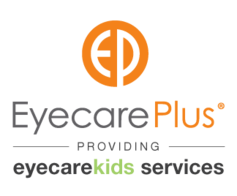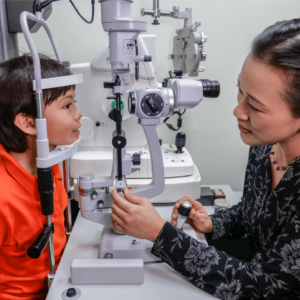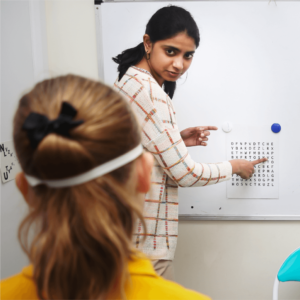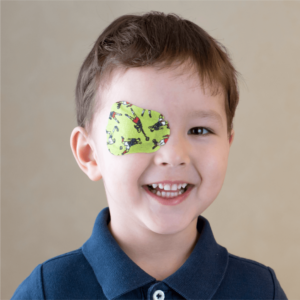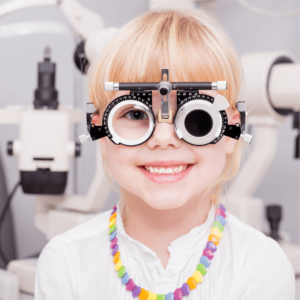One of the reasons might be poor visual skills.
Our visual system includes not only our eyes but also our visual pathway and brain. This means even if your child has excellent eyesight and may pass the 20/20 chart test, they can still have poor visual skills for reading and learning.
As your child reads, their eyes move along the page. These movements include:
-
Eye teaming to keep the words single
-
-
Good eye teaming gives your child depth perception and helps them with eye-hand coordination for gross and fine motor activities.
Good eye focusing allows the eye muscles to move the lens to focus on a near object and then relax to see clearer far away.
Good eye tracking lets your child read comfortably at a good pace without skipping words or lines.
Vision and learning are so intimately related. In fact, 80% of what your child learns at school is through vision. This means that any undiagnosed problems with visual skills may hinder your child’s ability to reach full academic potential.
Children often do not know they have a vision problem, so it’s important to know the warning signs that your child may have poor visual skills.
